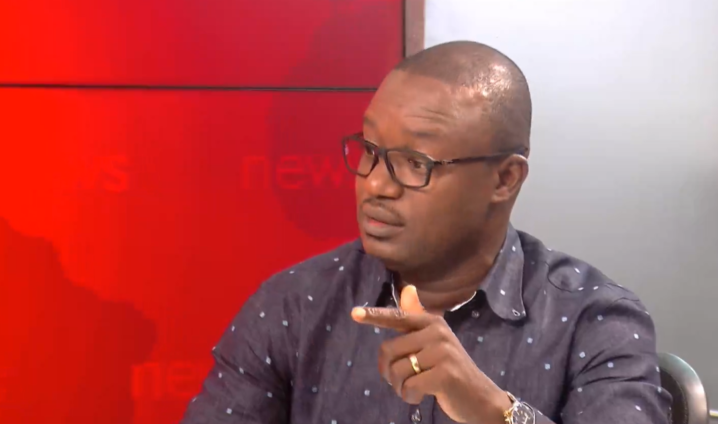Energy Minister John Abdulai Jinapor has raised concerns regarding the transparency of the Gold-for-Oil (G4O) program, describing it as opaque and lacking the clarity needed for effective operation.
In an interview on Joy News’ PM Express on February 4, Jinapor emphasized the program’s flaws and indicated that a more transparent alternative would be introduced. “There’s a high level of opacity, and the clarity is not there,” he stated firmly.
He referenced the Auditor General’s report, which highlighted various irregularities within the program, reinforcing the need for reform. “If it were that clear and transparent, then reforms wouldn’t be necessary,” he added.
The Gold-for-Oil initiative, designed to exchange the nation’s gold reserves for petroleum products, has faced significant criticism. Questions have been raised about its operational framework, particularly regarding the lack of publicly accessible information on key transactions and the criteria for selecting participating companies.
Jinapor noted the difficulty in obtaining relevant information about deals, especially those involving offshore companies. “The criteria for selecting these companies is not clear-cut, which indicates a problem that necessitates reform,” he explained.
When asked if the current administration plans to continue the Gold-for-Oil program in the meantime, Jinapor was clear: “No, we will replace it with a better program. The current Gold-for-Oil program we’ve inherited will be discontinued.”
He acknowledged, however, that dismantling the existing system would take time, as establishing a new framework requires parliamentary approval and legal groundwork. “You need some time to put a workable system in place,” he noted, adding that while they aim to improve transparency and reduce losses in the interim, the ultimate goal is to replace the current program.
Jinapor’s remarks reflect growing concerns about the viability and transparency of the Gold-for-Oil initiative.

